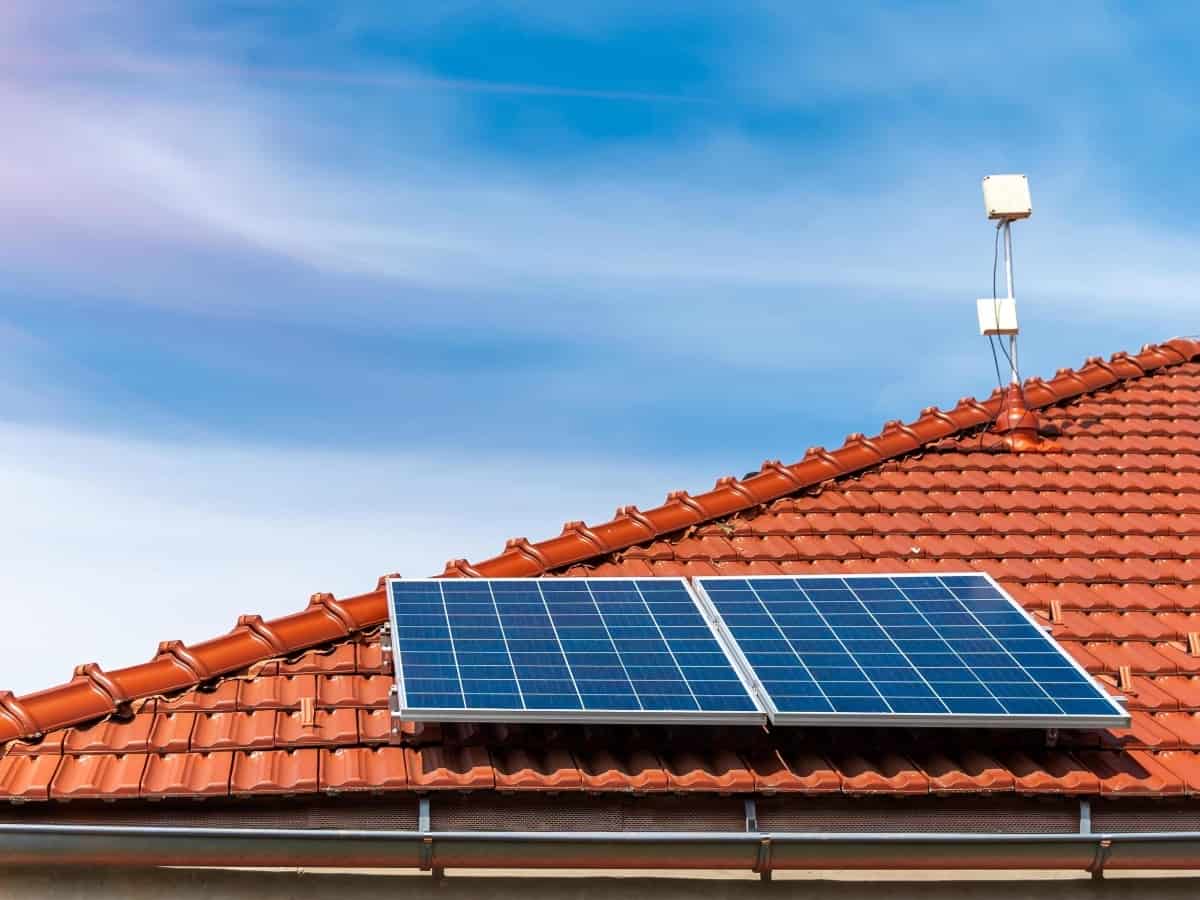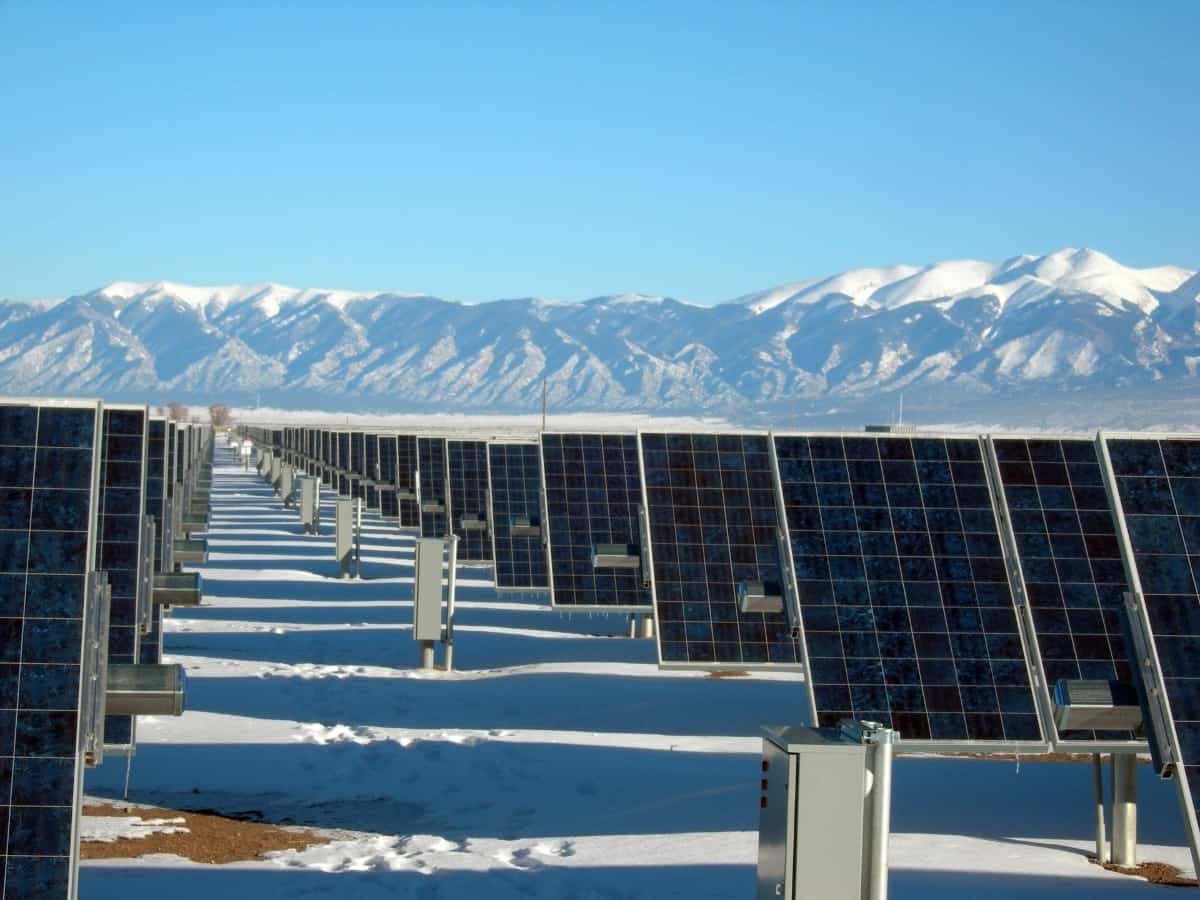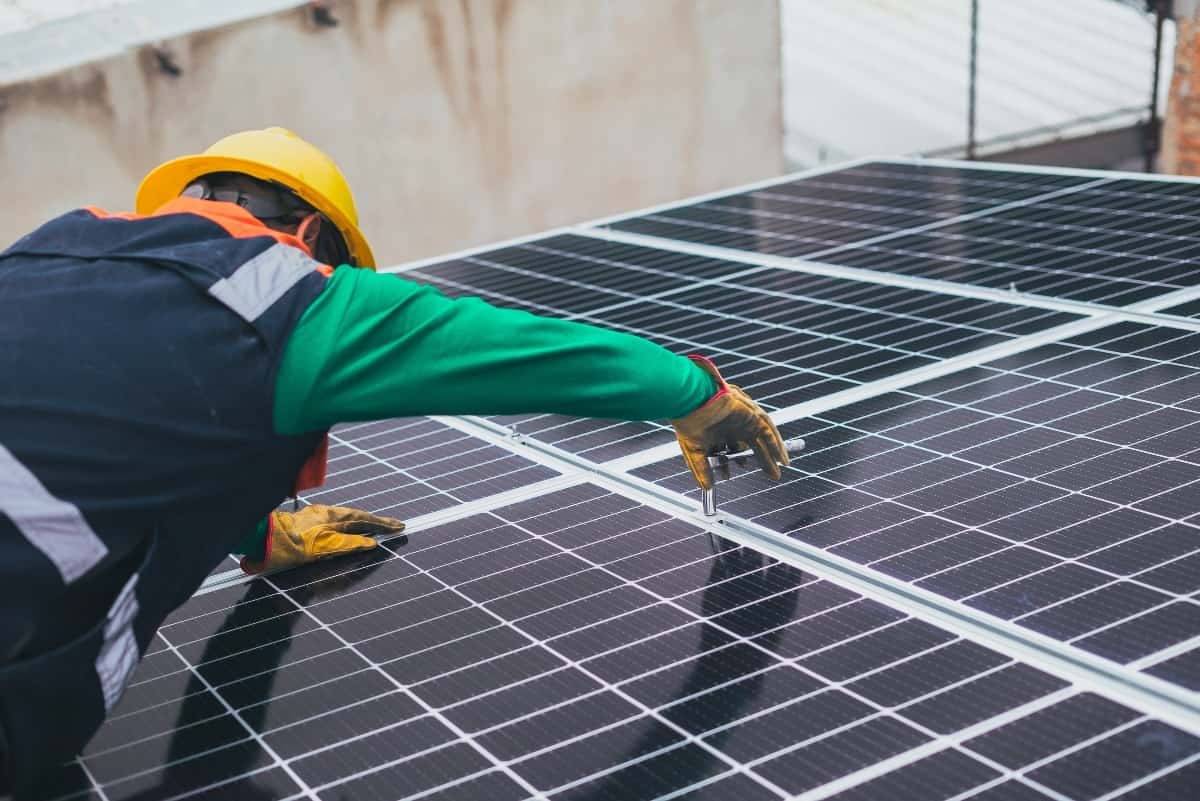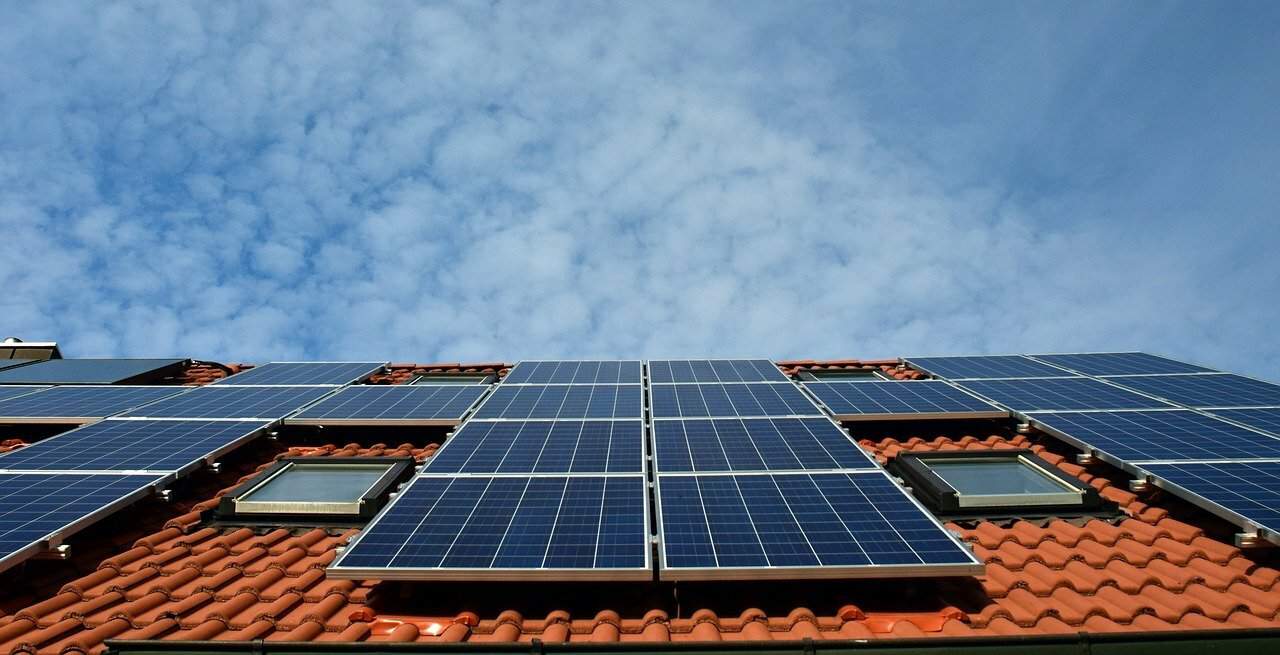Thinking about how an investment will pay off, in the end, is something every smart person will do. If you catch wind that an investment might quickly lose its value, you’ll start to reconsider it. For solar energy systems, worries about it being a sound investment might stop homeowners. However, it’s stopping those who otherwise would love to have energy independence while and help the environment. To help you separate fact from fiction, ONIT Home has some answers to cut through the fog. We’ll help discover if depreciation on solar panels is common.
Discover Energy Audits with Solar Energy and ONIT Home
Try our Free Energy Audit to make sure your home is performing at optimum energy efficiency. We’ll inspect every nook and cranny of your home to make sure it’s best serving your needs. We’ll also give you tips on lowering your energy bills, conserving energy, and creating a more efficient space. To learn more about how we can help you maintain a top-performing home, visit us online to get started!
Do Solar Panels Depreciate?
The unfortunate fact is that there is value depreciation on solar panels, which is one reason why you may have seen pages for depreciating tax incentives while researching solar panel lifespans. Multiple factors influence the speed and extent of the depreciation. Homeowners can take steps and use incentive programs to offset the depreciation. Despite this, solar panels do not depreciate especially quickly when looking at both their resale value and performance. Automobiles tend to lose the majority of their resale value within five years. If you call the value both provide even, then solar panels are a much stronger holder of value.
They are unlikely to increase in resale value, but most of the true value is their energy production over time. There is an element of variation depending on factors with your Return on Investment (ROI). However, solar systems pay for themselves in as little as five years. If you live in the home for just long enough to recoup the investment that way, any increase to your home’s value is a bonus.

Why Do Solar Panels Depreciate?
There are two key reasons that solar energy systems will lose value over time. This includes normal system degradation and technological advancement.
Normal System Degradation
Nothing is permanent, and solar panels are no exception! The materials that transform sunlight into energy break down over time. The National Renewable Energy Laboratory determined the normal degradation rate to be 0.5% per year. Rooftop systems that collect more heat degrade faster. Low ventilation under the panels increases the speed even further when the heat is trapped underneath them. Panels in hotter climates also suffer from faster degradation. At the standard rate, a solar panel operates at around 88% efficiency after 25 years. That’s part of why solar panel guarantees tend to last 20 to 25 years. Panels in rougher conditions treated poorly, or made from cheaper materials can experience degradation rates higher than 1.5%. Over the same 25 years, such a system will operate at around 63% efficiency. Of course, serious damage can drop the efficiency to 0% in an instant.
Using the same math, you can see that solar panels can continue to produce energy longer than the average human lifespan. Assuming everything is kept in working order, it’s reasonable to expect a 100-year-old system to provide half of the power it did when it was brand new. Given the amount of energy it will produce over that time, that’s a respectable asset to include in any home value assessment.
Technological Advancement
Renewable energy is still a relatively new field of science and technology. The very first photoelectric cells were created about 150 years ago. These simple versions of solar cells had an efficiency of 1%. Now, consumer panels readily reach 15% efficiency. In lab settings with more expensive materials, scientists are pushing past 30% efficiency. If those technologies become more available or other alternatives are found, current solar panels may become a comedic reference like the early models of cell phones.
One area where solar panels are sure to improve is their aesthetic qualities. Solar panels take up a wide space, so how they look influences the building’s value. Some versions of solar technology that are less of an eyesore have been used for commercial and large construction in recent years. Companies have begun offering solar shingles that resemble the normal item as a residential option. Most are in a dark color, but more varieties are emerging to fit different styles. Even if the system continues to work, older styles may see a sharper drop in value because of these.
There is no way to set a hard and fast value for how much technological advancement will reduce the resale value of your system. If performance gains remain minimal, then an older system may stay relatively competitive for years. If the price of the materials used in solar panels suddenly increases, your system may see a rise in value along with the more modern panels.

Offsetting the Depreciation of Solar Energy Systems
Although depreciation on solar panels is not exceptionally fast, it helps to take steps to reduce how fast the system loses value. The two available options are proper maintenance, considering your tax incentives, and participating in energy sell-back plans.
Tax Incentives
Both federal and state governments offer tax incentives for installing a solar system. The first and most widely applicable is a federal tax credit currently granting 26% of the system’s installation cost. The benefit is set to drop to 22% in 2023, but it still provides a significant tax reduction. While important, it’s mentioned because it factors into the next incentive.
The Modified Accelerated Cost Recovery System (MACRS), is aimed at offsetting the depreciating value of solar panels when considered as a business expense. This is likely where any ideas about exceptionally short solar panel lifespan may originate. For tax purposes, the solar system is considered to have fully depreciated after 5 years. The bonus applies to the cost after the federal tax credit. Currently, businesses can apply 87% of the solar system’s cost as a tax credit in the first year. Although it applies primarily to businesses and has more complex requirements, there is always a chance this information helps in your specific scenario.
Proper Installation and Maintenance
Depreciation on solar panels is slower when the system is properly maintained and installed. Poorly managed systems can degrade at over 300% the speed of a system receiving care. Over the operating life of the system, the slowed degradation will create a higher return on investment. Expect an inspection whenever you sell your home. A solar system that has maintained a higher efficiency will have a larger impact on the price evaluation.
This does mean that you may have to make larger repairs and replacements over the lifespan. Typically, an inverter requires replacement faster than panels. Panels are more likely to suffer unexpected damage and failures over time. Proper inspections can spot issues before they become worse.
Selling Your Energy
In some locations, a home that’s connected to an energy grid can send any excess energy produced by its solar system to power other homes in the area. The power company will pay a portion of the cost of that energy to you or apply it to your energy bill if there is one. Because there is consensus on how these net metering plans work, you will need to investigate your state and local regulations to figure out if this is an option for you. It can also vary between power companies, so you will need to give them a call to find out the rates. You may also need extra equipment and have to fill out more paperwork. When you make it through any hoops, the money you make from selling the energy amplifies the return on your investment.

Does Depreciation on Solar Panels Ruin Their Value?
No, the minimal depreciation from system degradation does not ruin the value of a solar energy system. Depending on location, most systems will pay for themselves in a short period of time after factoring in tax incentives. This system works for decades, so go ahead and add that onto the value of your home. Having solar panels increases your house value! Having solar panels helps in reducing the amount of fossil fuel that is burned to keep your family safe, warm, and secure. For more information on how a solar system will work for your household, help to choose solar equipment, and other solar questions, ONIT Home is happy to help.
To find out more or get a free quote, visit us online or give us a call today at 1-833-433-0331. We’re here to make the big projects easier!
ONIT Home is your one-stop shop for all your bundled home needs. We’re currently offering $1,500 in vouchers to be used with security, water and solar. You can also get a free water filtration system and security system with the purchase of a solar panel system, or a $2,000 security system for only $1,000. That way, you can protect your family from contaminated water and protect them with a safe home.



